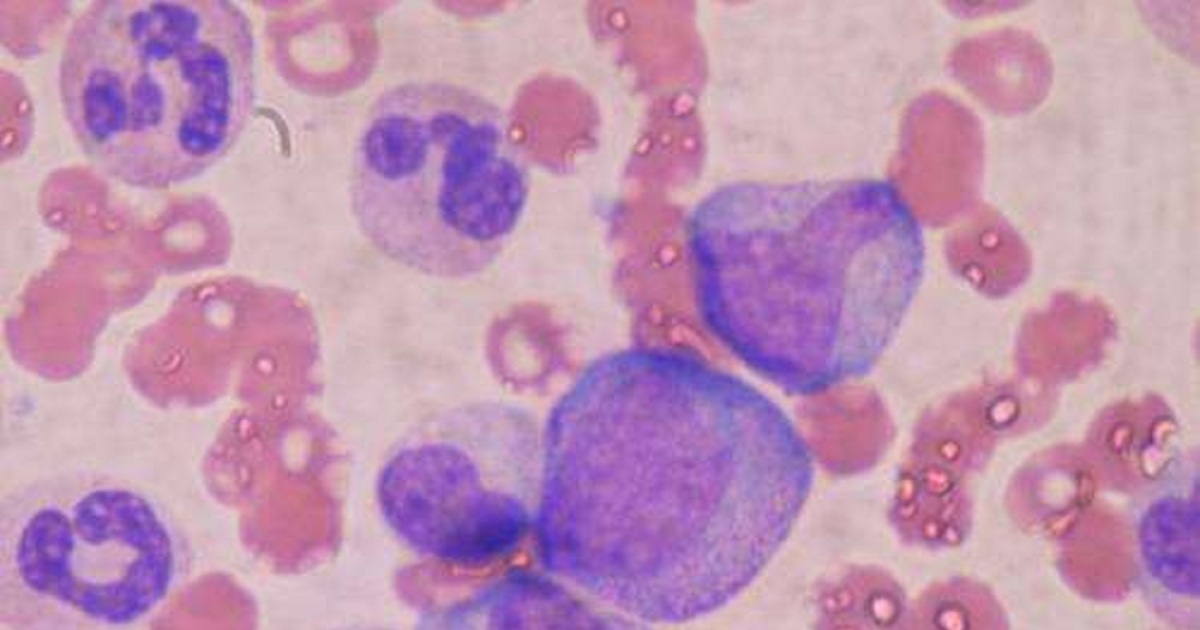New medicine may enhance the effect of chemotherapy on pancreatic cancer
Medical Xpress | September 05, 2019

One of the major obstacles in the treatment of pancreatic cancer is the defense wall that is formed around the tumor. This "desmoplastic stroma" prevents chemotherapy from reaching the tumor. Scientists of the University of Twente now found out which part of the stroma can best be attacked. Furthermore, they discovered a peptide than can serve as an attacker. In "Science Advances' they show that using the combination of the peptide and the cytostatics, tumor volume can be drastically reduced. In a few years, the first therapeutic studies may be done. Pancreatic cancer is the cancer with the worst survival rates. After the—often late—diagnosis, most of the patients die within 3 to 4 months. Surgery for removing the tumor is, in many cases, not possible because of the risk of damaging other vital organs. Chemotherapy, using gemcitabine, often isn't successful, because the tumor cells are surrounded by fibroblasts and fibrous matrix network so-called desmoplastic stroma, that can be much bigger in size than the tumor cells nest itself.